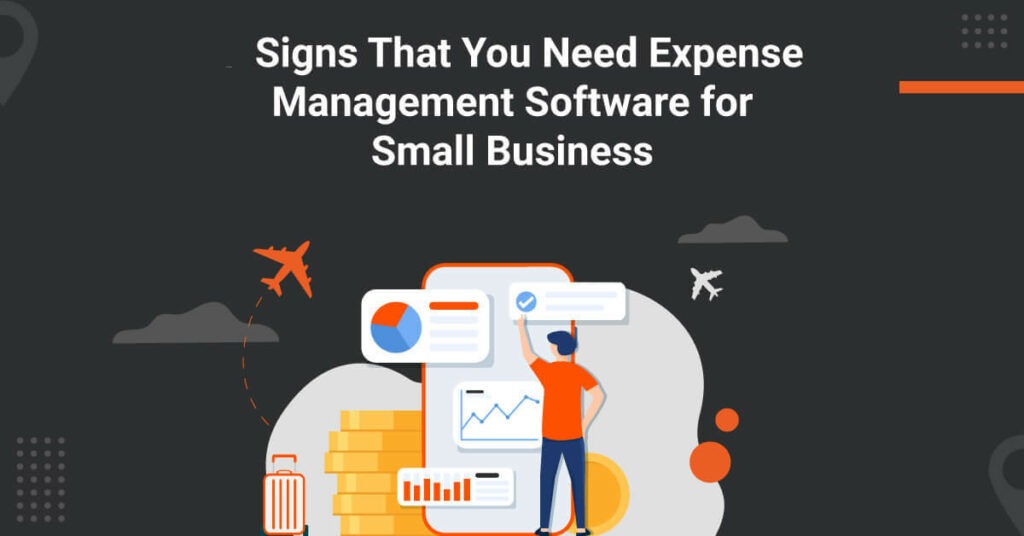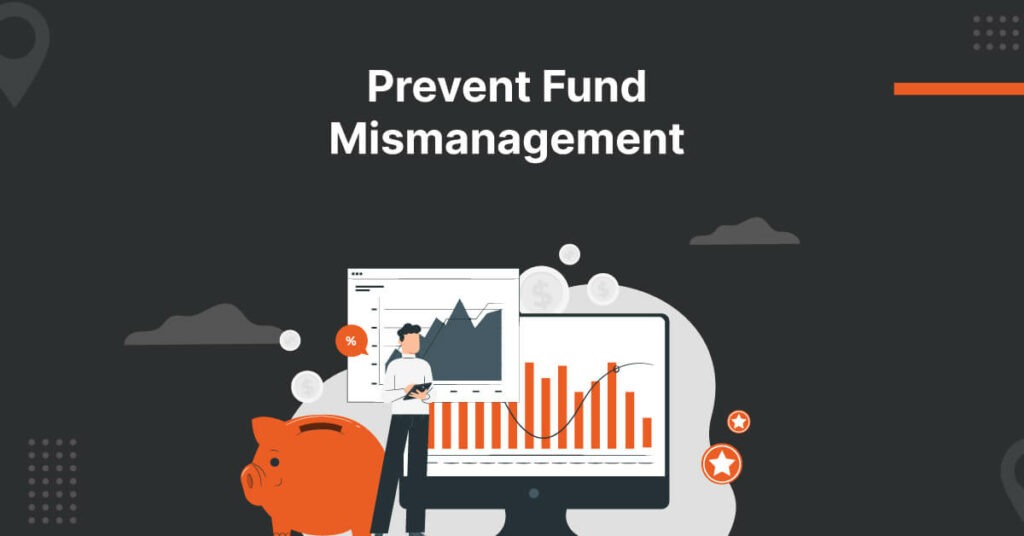
For travel managers and company owners like you, maintaining a firm grip on financial accountability is crucial in modern business operations. In this pursuit, two pivotal pillars come to the forefront: Expense Management and Auditing.
These interconnected practices should be the cornerstones of your strategy, as they play an instrumental role in safeguarding your organization’s financial health, strengthening transparency, and nurturing a culture of prudent financial stewardship.
Managing travel expenses with efficiency contributes to a company’s bottom line and reflects its commitment to responsible financial practices. Here is the significance of expense management and auditing and their interplay in guaranteeing financial accountability.
The Essence of Expense Management
Expense management involves systematically controlling, tracking, and optimizing an organization’s expenditures. This encompasses various activities, from budgeting and planning to purchasing and reimbursement processes. Effective expense management is crucial because it directly influences a company’s profitability, cash flow, and overall financial stability.
Key Aspects of Expense Management
- Budgeting and Planning
Expense management begins with a comprehensive budget outlining projected expenditures across various departments and categories. A well-structured budget is a roadmap for financial decision-making and helps prevent overspending.
- Purchasing Policies
Implementing clear purchasing policies and guidelines ensures employees make judicious spending decisions. These policies may include pre-approval processes for significant expenses, preferred vendors, and expenditure limits.
- Expense Tracking
Maintaining a real-time record of all expenses incurred by the organization is critical. This tracking identifies any budget deviations early and helps address them promptly.
- Reimbursement Procedures
Streamlining the expense reimbursement process for employee expenses, such as travel and entertainment, is essential. Timely reimbursements not only boost employee satisfaction but also prevent discrepancies and errors.
- Technology Integration
Expense management software and tools have revolutionized how organizations handle expenses. Automation of expense reporting, approval workflows, and data analysis enhances accuracy and reduces administrative burden.
The Benefits of Expense Management
Cost Savings: Efficient expense management leads to savings through reduced wastage, better negotiation with suppliers, and eliminating unnecessary expenditures.
Cash Flow Optimization: By closely monitoring expenses, organizations can optimize their cash flow, ensuring that funds are available for critical operational needs.
Improved Financial Decision-Making: Accurate expense data empowers management to make informed decisions regarding resource allocation and investment opportunities.
Compliance and Transparency: Transparent expense management practices foster a culture of compliance and integrity, which is crucial for building stakeholder trust.
The Role of Auditing in Financial Accountability
While expense management lays the foundation for financial prudence, auditing adds an additional layer of accountability by objectively verifying the accuracy and legitimacy of financial records. Corporate travel auditing involves systematically examining financial statements, records, and transactions to ensure compliance with relevant laws, regulations, and internal policies.
Types of Audits
- Internal audits
Internal audits are conducted by an organization’s own internal audit department or an external auditing firm. They assess internal controls, risk management processes, and adherence to company policies.
- External audits
Independent certified public accounting firms carry out external audits. They provide an unbiased evaluation of an organization’s financial statements, offering assurance to external stakeholders such as investors, creditors, and regulatory bodies.
- Forensic audits
Forensic audits are investigative in nature and are conducted to detect and prevent fraud, theft, and other financial irregularities.
The Benefits of Auditing
Accuracy and Reliability: Auditing ensures the accuracy and reliability of financial information, which is crucial for making informed business decisions.
Fraud Detection and Prevention: Regular audits help identify and prevent fraudulent activities, protecting the organization’s assets and reputation.
Legal and Regulatory Compliance: Audits ensure the organization complies with relevant laws, regulations, and industry standards, avoiding legal liabilities.
Stakeholder and Client Confidence: A well-audited organization demonstrates transparency and accountability, increasing stakeholder confidence.
Synergy Between Expense Management and Auditing
Expense management and auditing are not isolated processes; instead, they are interconnected and mutually reinforcing. An effective expense management automation system contributes to the success of audits by providing accurate and well-organized financial data. Contrarily, auditing enhances expense management by validating financial records’ integrity and uncovering improvement areas.
How Expense Management Helps In Auditing
Auditing plays a crucial role in enhancing expense management within an organization. It systematically and objectively evaluates financial records, transactions, and processes to ensure accuracy, compliance, and transparency. Here’s how auditing enhances expense management:
Detection of Errors and Fraud: Auditing involves thoroughly examining financial records, invoices, receipts, and other expense-related documents. This process helps identify errors, discrepancies, and potential instances of fraud. By catching inaccuracies early, organizations can rectify them and prevent financial losses.
Compliance Verification: Auditors ensure that expenses align with internal policies, industry regulations, and legal requirements. This verification helps prevent unauthorized or non-compliant expenses, reducing the risk of penalties and legal issues.
Expense Policy Adherence: Organizations often have expense policies to guide employees on what expenses are allowable and how they should be documented. Auditing ensures that employees adhere to these policies, preventing excessive or unnecessary spending.
Identification of Cost-Saving Opportunities: Through auditing, organizations can identify areas where costs can be reduced without compromising operational efficiency. This could involve renegotiating contracts, streamlining processes, or eliminating wasteful spending practices.
Enhanced Financial Control: Auditing provides a comprehensive view of an organization’s financial activities. This overview helps management make informed decisions about resource allocation, budgeting, and strategic planning.
Data Accuracy and Integrity: Accurate financial data is essential for effective decision-making. Auditing verifies the accuracy and integrity of expense-related data, ensuring that the information used for analysis and reporting is reliable.
Performance Evaluation: Auditing allows organizations to assess their expense management performance over time. By comparing current and past financial records, companies can identify trends, successes, and areas for improvement.
Transparency and Accountability: Auditing promotes transparency by making financial information accessible and understandable to relevant stakeholders, such as shareholders, investors, and regulatory authorities. This transparency enhances accountability throughout the organization.
Risk Management: Auditing helps organizations identify potential financial risks associated with their expense management practices. This enables proactive measures to mitigate those risks and protect the organization’s financial health.
Confidence and Credibility: A well-audited financial system enhances an organization’s credibility with external stakeholders, such as investors, creditors, and clients. The organization is committed to accurate reporting and responsible financial management.
Best Practices In Expense Management Leads to Seamless Business Travel
In the complex world of business finance, expense management and auditing are indispensable tools for maintaining financial accountability and transparency. Effective expense management establishes the groundwork for responsible spending while auditing acts as a safeguard to verify the accuracy and legitimacy of financial records. Together, these processes create a robust framework that helps organizations optimize their resources and ensure long-term sustainability and success.
Looking for ways to handle business travel expenses and auditing seamlessly? Look no further than ITILITE.
Our advanced corporate travel management system makes it easier for you to manage your expenses. With state-of-the-art features such as effortless receipt capture and real-time expense categorization, it streamlines your expense management process and increases efficiency. The software can also detect false expense claims, leading to cost savings.
Want to learn more about our advanced features? Get a free demo now!














